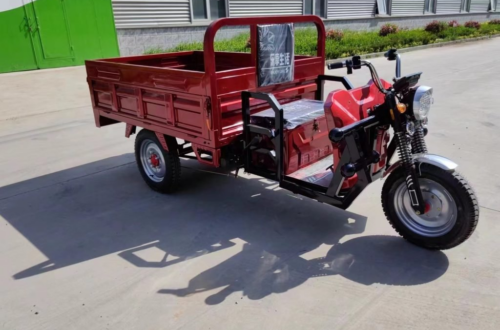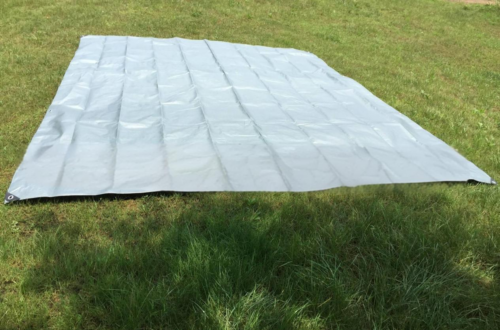Alloy G-30 (UNS N06030) Overview and Applications
html
Alloy G-30 (UNS N06030) Overview and Applications
Introduction to Alloy G-30
Alloy G-30, also known by its UNS designation N06030, is a nickel-chromium-iron alloy with excellent resistance to a wide range of corrosive environments. Developed for industrial applications requiring superior performance in harsh conditions, this alloy offers a unique combination of strength, ductility, and corrosion resistance.
Chemical Composition
The chemical composition of Alloy G-30 plays a crucial role in its performance characteristics. The primary elements include:
- Nickel (Ni): 43-48%
- Chromium (Cr): 28-31.5%
- Iron (Fe): 13-17%
- Molybdenum (Mo): 4-6%
- Copper (Cu): 1-2.4%
- Tungsten (W): 1.5-4%
Additional trace elements contribute to the alloy’s stability and resistance properties.
Key Properties
Alloy G-30 exhibits several notable properties that make it suitable for demanding applications:
- Excellent resistance to oxidizing and reducing acids
- Superior performance in phosphoric acid environments
- Good resistance to pitting and crevice corrosion
- High strength at elevated temperatures
- Outstanding weldability and fabricability
Common Applications
The unique combination of properties makes Alloy G-30 ideal for various industrial applications:
Chemical Processing
Widely used in chemical processing equipment such as reactors, heat exchangers, and piping systems handling aggressive chemicals.
Phosphoric Acid Production
Particularly valuable in wet-process phosphoric acid production where it resists corrosion from sulfuric and phosphoric acids.
Pollution Control
Keyword: Alloy G-30 UNS N06030
Employed in flue gas desulfurization systems and other pollution control applications.
Oil and Gas Industry
Used in components exposed to sour gas environments and other corrosive conditions in oil and gas production.
Fabrication Considerations
While Alloy G-30 offers good fabricability, certain considerations should be noted:
- Can be welded using common techniques (GTAW, GMAW, SMAW)
- Requires proper heat treatment after welding for optimal corrosion resistance
- Machining requires appropriate tooling and techniques due to work hardening characteristics
Conclusion
Alloy G-30 (UNS N06030) represents an excellent material choice for applications requiring resistance to severe corrosive environments, particularly those involving strong acids. Its balanced composition and reliable performance make it a preferred material in chemical processing, pollution control, and other demanding industries.


